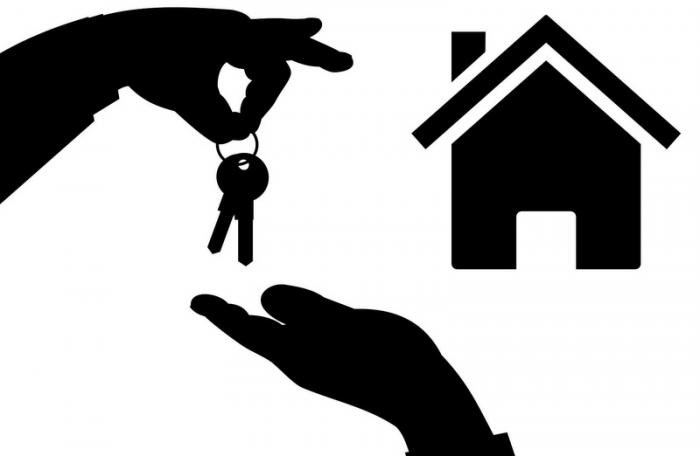Property Watch: Keeping Phuket property dealings honest

PHUKET: I have written quite a few articles over the years, hopefully in a balanced way, on reservation deposits, property investments and purchases in Phuket, which have always included a word of caution about how practices in Thailand on property deposits can vary significantly from other Asian property investment destinations, such as Hong Kong and Singapore.
Certain elements of Phuket’s property community are complicit and intent on damaging a fragile market that requires reputable and ethical business practices to underpin and maintain the investment climate.
The reason I felt inclined to write about this issue is that an almost identical scenario has recently occurred twice in quick succession, as lightning is never supposed to strike, in relation to the same set of circumstances, but entirely different properties.
Let me set out the scenario: foreigner contacts an agent and identifies a ‘resale’, or second-hand, property for sale. Agent persuades foreigner to place a ‘holding deposit’ or ‘reservation deposit’ to ‘prevent the property from being sold to another party’. Foreigner is told he/she should engage a law firm and check the land and the property, and review the legal structure before committing to a full sale and purchase agreement and completion. Foreigner is explicitly told, and the reservation agreement states, that the deposit is ‘refundable’.
This is where the issue lies. Most people believe refundable means that subject to reasonable conditions, you can obtain a refund. In some cases, a refund is conditional – but on very clear grounds. Most people will, unfortunately, take the word ‘refundable’ at face value.
Two recent incidents have triggered my concern. In the first, the law firm representing the buyer found out there was no legally registered access from the public road to the property itself. The solution for this issue was uncertain and could have taken months, if not a year. The buyer asked for the deposit back, but the request was denied outright.
In the second instance, the seller simply contacted the buyers – who had moved all of their belongings by shipping container to Phuket – and stated he wouldn’t sell, even with a binding agreement in place. The buyers tried to ascertain what had happened, and worked out that the seller was pocketing the cash from high season rentals and taking a risk that he could sell the property again later. The seller then, in violation of the contract, later offered an alternative date. The buyers refused, and then the seller pounced on the refusal and stated he would pocket the reservation deposit.
In both instances, the agent held the deposit ‘safe’ for the buyers, but refused to hand back the deposit ‘safely’. The agent also changed from ‘best friend and regular dinner date’ to ‘generally un-contactable and unwilling to discuss’.
This has created two court cases, which would be completely unnecessary if matters had been handled more professionally, more ethically and, frankly speaking, with less trust provided by the buyers.
So, as I have repeated over the years – don’t place a reservation deposit unless it truly is safe, the other party or the intermediary can absolutely be trusted, the deposit truly is refundable, or is something you simply don’t care about losing.
Desmond Hughes has been an owner and operator of his law firm in Thailand for 14 years, and is a senior partner at Hughes Krupica law firm hugheskrupica.com
— Desmond Hughes
Latest Thailand News
Follow The Thaiger on Google News:


























